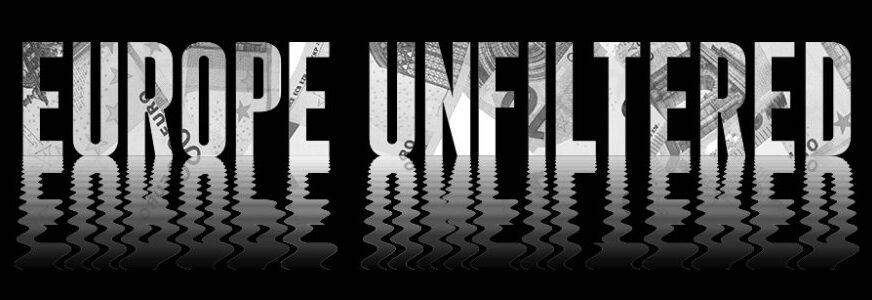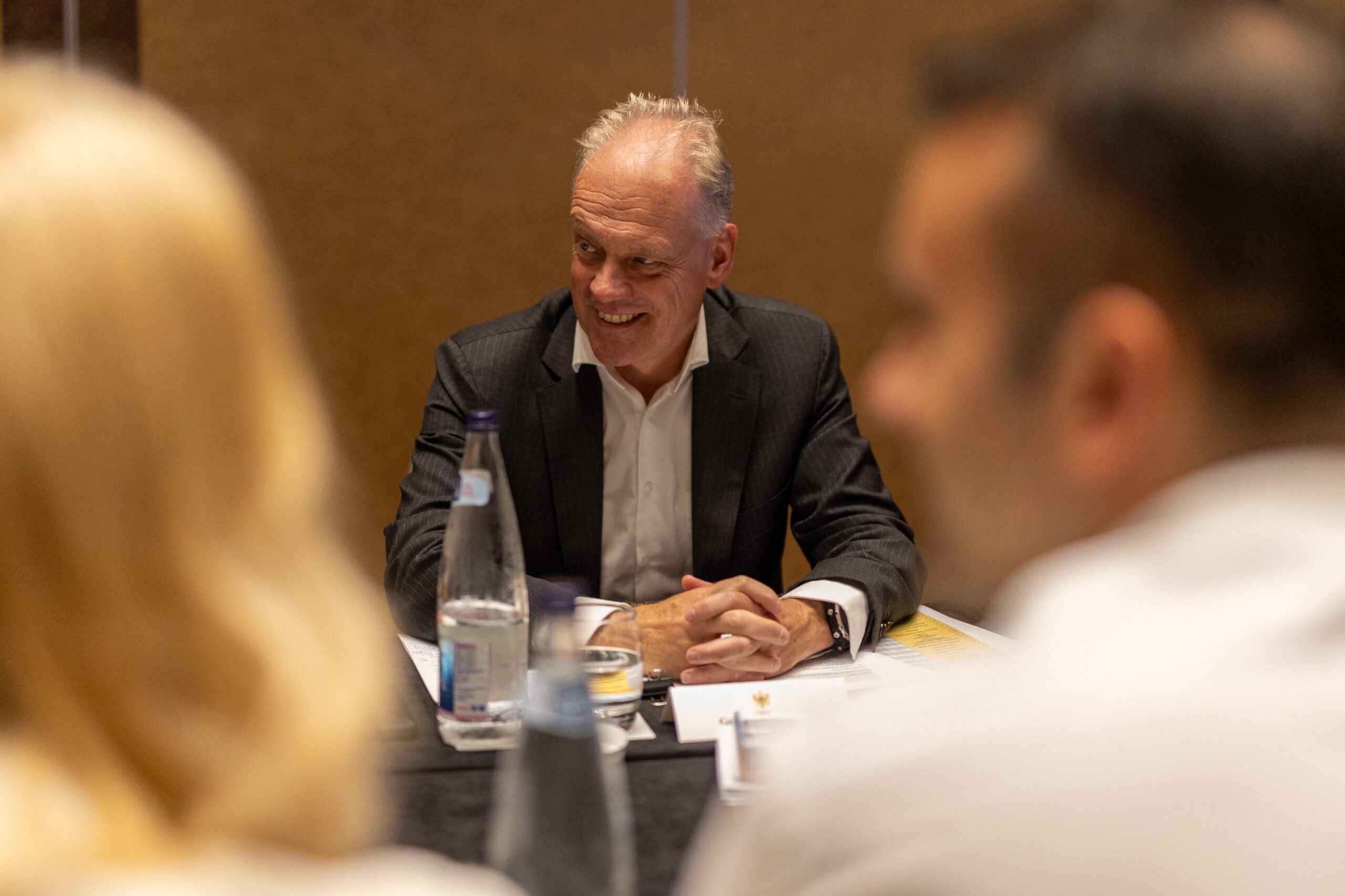The European Parliament has been accused in the past of interpreting the EU’s internal rules as those fit their purposes, especially when it came to MEP’s declarations of interests, travels financed by third parties, meetings with lobbyists or having their own relatives on European payroll. All happening in the very same Parliament that demanded sanctions against former German Chancellor Gerhard Schröder when he was nominated to the board of Gazprom (in a moment when he held absolutely no public function in Germany or the EU).
One integrity investigation found that 25 percent of MEPs “have been involved in some type of misbehaviour or public outrage on a national or international level”.
But only 3 percent of them (23 in total) have been convicted by a court with outcomes ranging from convictions and fines to jail time.
It is not a coincidence.
As Transparency International has repeatedly warned, the Parliament’s ethics regulations (Rule of Conduct, for example) are lax, at best and deliberately left vague, in most cases, while oversight and enforcement are weak or non-existent. Their EU Integrity Watch is a gold mine for those interested in the workings of the Parliament.
The European Commission is probably no different, or, as its employees fall into a different legal category, might even be worse.
As the case of Gert Jan Koopman proved last year, less is known about the officials sitting in the Berlaymont building than about MEPs.
The Dutchman is your stereotypical Brussels bureaucrat.
Born in 1966, he has a degree from the University of Amsterdam. Two, in fact: economics and Classics (Latin and Greek).
Before switching to Brussels, he worked for four years at the Centraal Planbureau (Central Planning Committee), an organization that writes reports on economic policies to the Dutch government.
He has fulfilled various roles at the European Commission since 1991 (at DG GROW, DG ECFIN and DG BUDG), also making use of his analytical skills as a member of the Commission’s Impact Assessment Board (a group tasked with assessing whether draft EU legislation would achieve the desired results), then finally rising to the post of Director General of the Directorate-General Neighbourhood and Enlargement Negotiations (NEAR) in January 2023. This position comes with a net monthly salary of €17,700.
What his short CV (and other introductory materials) failed to reveal was that he owned (rather, co-owned) a luxury resort in Bali.
According to the story reported by Politico, Koopman and his family bought the five-room Munduk Moding Plantation Nature Resort & Spa Hotel in 2009. Fast forward fifteen years and the dilapidated small place is a five-star resort with several villas, award-winning infinity pools, “offering unrivalled vistas” and “unique experiences”. Five nights in their smallest villa would cost $3000 for two, off season.
The official version, the story the Koopman family told Politico, was that they fell in love with the place when travelling in the region in 2009, got a mortgage on their own home in Europe and bought the hotel. At one (not defined) point, ownership of the hotel (or parts of it) was transferred to Koopman’s wife and children, but Koopman continued to be involved.
In theory, he didn’t break the law with it, as the Commission’s internal regulations didn’t require him to disclose ownership, only “outside activities” in order to detect possible conflicts of interest.
Owning a luxury hotel that can provide thousands of euros of revenue a month is not considered a “declarable activity”.
“There is no Koopman case … absolutely no case or subject … Commission officials have the right to manage their own assets … Being an owner is not considered an outside activity as it doesn’t imply ‘doing something’ (an activity) in the sense of investing an amount of time that might have an impact on the performance of duties at work”, a Commission spokesperson clarified back then.
Commission staffers are required to declare outside activities and are barred from earning more than €10,000 from a side gig. Neither can they be “employees of commercially oriented companies”.
According to the Commission, it is also not a proof of “active involvement” that Koopman has been repeatedly seen in the area, and he’s been also captured on photos (as recently as 2022), discussing pandemic aid with local officials. As the same spokesperson declared, “these contacts take a limited amount of the Director General’s time and do not interfere with his work at the Commission”.
Transparency International has warned the Commission that its transparency regulation was “a broken system”.
Not just because of the lack of clear regulations on the activities or assets that need to be disclosed, but also because there is absolutely no consequence of non-compliance.
Following the Commission’s logic, one can play an interesting mental game.
Would someone (substitute the appropriate country or person) offer you a position in the board of some multinational company, that would be considered a violation of the Commission’s regulations, as sitting on such a board might involve some sort of activity. Though it is well known that it rarely does as such positions are often created to mean not much more just a chance to get someone on payroll.
But, would you receive the ownership of a luxury hotel (without getting actually involved in the day-to-day operations), or arrangements would be made so you can buy said place on a low price, would you get facilitated access to local officials when getting permits when it comes to operating your hotel, would you get an enormous credit to develop your place, that wouldn’t be something you should disclose to the European Commission, because “ownership” is not an “outside activity”, hence it won’t influence your work or decisions.
No wonder that people think that the EU is not doing enough to tackle corruption. An Eurobarometer poll in 2023 revealed that 60 percent of Europeans thought that EU should be more transparent – a 12 percent growth compared to 2019.
Corruptio optimi pessima.
As someone with a degree in Latin, Koopman surely understands this.

